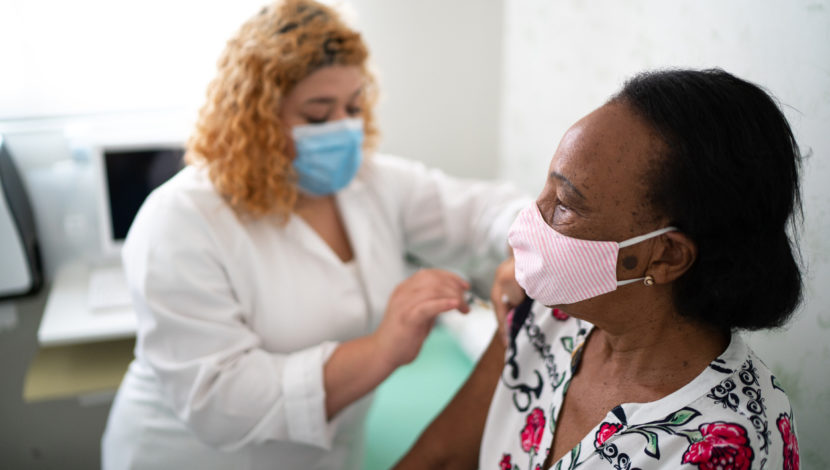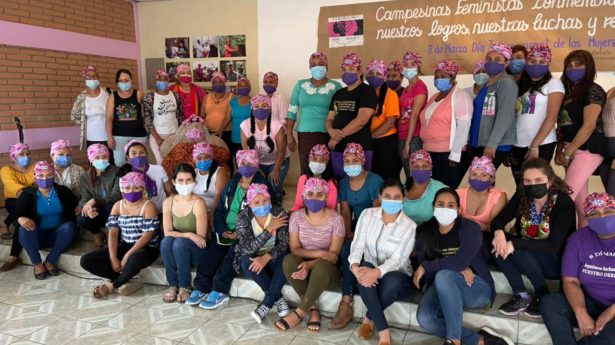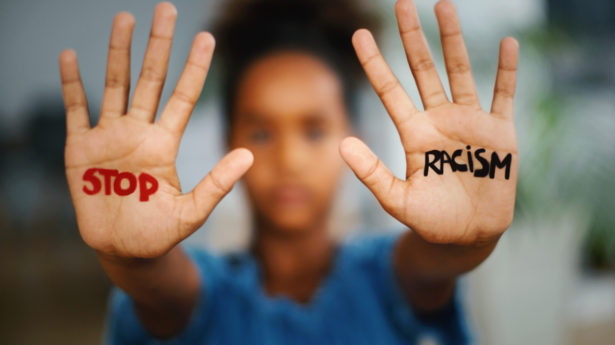The Unitarian Universalist Service Committee advances human rights through grassroots collaborations.
World Health Day: Understanding How Oppression Takes its Toll

By on April 7, 2021
April 7 is World Health Day, an international opportunity to acknowledge, appreciate, and act on the sobering fact that our collective health is tied to our collective liberation. It’s no secret that those people living at the forefront of oppression and injustice are also that much more likely to suffer from severe health issues.
If the COVID-19 pandemic has taught us anything, it’s that disasters shine a bright light on injustice. We know that seniors, people with compromised immune systems, those living in poverty, and people of color are disproportionately more likely to suffer the ill effects of this virus. As we take stock of this fact, we then see where the “cracks” are in the systems and institutions we depend on:
- There are a startling number of people with little or no access to quality health insurance;
- People of color, particularly Black people, are more likely to succumb to the virus because of inadequate or no access to proper healthcare resources;
- People of color, particularly Black people, are more likely to receive poor healthcare services because of their skin color;
- Seniors and people with disabilities are often ignored in conversations and decision-making around public health concerns and the best ways to address the impacts of the pandemic.
Unfortunately, these dire circumstances overlay other public health concerns that communities facing oppression must face. For example, Central Americans exercising their human right to migrate often face health risks in the form of inadequate social support, increased stress and anxiety, poor eating habits, exhaustion, dehydration, malnutrition, and sometimes death. Because of the transient nature of migration, there’s an increased risk of contracting communicable diseases and developing a host of mental health issues.
Similarly, communities living with the impacts of climate change also face grave health risks. Communities forced to live with the impacts of slow onset (subsidence, saltwater intrusion, land erosion, rising ocean levels) and rapid onset (tornadoes, hurricanes, typhoons) climate incidents are increasingly likely to experience depression, anxiety, and a host of other mental and physical illnesses. Entire communities facing the impacts of extractive projects like oil and gas drilling not only suffer mental and emotional turmoil but the added adverse effects of the air, water, and land pollution these projects cause. The sad, but glaring truth is that crises breed a host of ill effects for entire populations of people.
These facts can draw us to one conclusion: Our collective health is at risk. As we acknowledge World Health Day and sit solemnly with the real-life physical, emotional, mental, and spiritual trauma experienced by so many, we must rededicate ourselves to the concept of collective self- and community care. We must repair the systems and institutions that put our public health at risk, restore a sense of balance with each other and the world we live in, and reimagine our world in a way where inequities in healthcare are obliterated for the collective good.
***
About UUSC: Guided by the belief that all people have inherent worth and dignity, UUSC advances human rights globally by partnering with affected communities who are confronting injustice, mobilizing to challenge oppressive systems, and inspiring and sustaining spiritually grounded activism for justice. We invite you to join us in this journey toward realizing a better future!
Photo Credit: iStock – FG Trade

